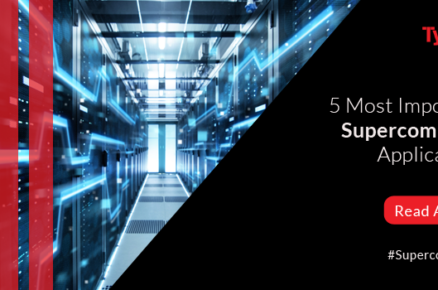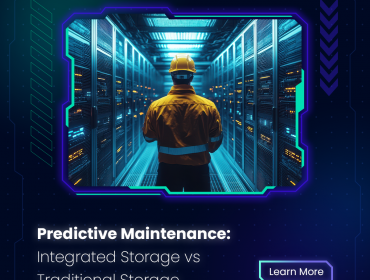Hybrid cloud: Hybrid cloud is a mix of public and private cloud that connects the public cloud to your on-premise infrastructure and is orchestrated to run together for a single task. In this scenario, you’re optimizing your workload so it runs in the right environment at the right time. To do this, you might have more than one cloud infrastructure, but because you’re using a mixture of clouds to accomplish a single task, you are using a hybrid cloud.
- Strategy: It is the cloud deployment strategy used for single task accomplishment.
- Infrastructure: Comprises of Private and Public cloud
- Working Nature: The components like data and processes intermingle or work together
Multi-cloud: This is literally using multiple clouds, from multiple providers, for multiple tasks. Why use this strategy? Well, one department might need the cloud for collaboration and document sharing, while another might need the cloud for high-performance Big Data analytics. These are two different tasks that both require the cloud, but in different ways. Fulfilling these needs could require more than one cloud provider and different quality clouds; hence, this is a multi-cloud situation. “Multi-cloud is inherently multi-vendor.”
- Strategy: It is the cloud management strategy which employs several service providers for multi-task accomplishment
- Infrastructure: Multiple Public clouds [may incorporate physical/virtual infrastructure along with private cloud]
- Working Nature: The components generally remain in its own environment
Key Differences Between Multi-Cloud And Hybrid Cloud:
- Hybrid always includes private and public, while multi-cloud always includes multiple public clouds but can also incorporate physical and virtual infrastructure (including private clouds.)
- The major difference between hybrid cloud and multi-cloud is that hybrid is a deployment strategy used to accomplish a single task. A multi-cloud strategy, on the other hand, is a cloud management strategy that uses several providers to accomplish more than one task, perhaps within the same department or as a collaboration between different departments.
- A multi-cloud strategy might include hybrid cloud as a component, but a hybrid cloud solution isn’t always a multi-cloud one.
- Unlike a multi-cloud model, in which different clouds are used for different tasks, the components of a hybrid cloud typically work together. As a result, data and processes tend to intermingle and intersect in a hybrid environment, while in a multi-cloud situation, usage typically remains in its “own” cloud’s silo.
- Hybrid and multi-cloud each have their own use cases, and it’s up to you to decide which fits your needs best. Whether you use more than one kind of cloud separately, a mixture of your own cloud infrastructure and third-party providers, or both, it all depends on your application needs.
- While many people use the terms multi-cloud and hybrid cloud interchangeably, they do have different meanings and are not the same. One doesn’t necessarily outshine the other, but after you determine your business needs, you might find that one fits your IT requirements better.
The primary difference between these two models lies in their deployment strategies for performing one task. In a hybrid cloud, data can intermix between the on-site and public cloud, but it will stay with a single workload. However, in a multi-cloud, many providers will be needed to perform multiple tasks, either within one department or multiple departments. So, the multi-cloud strategy may even include a hybrid cloud, but the reverse is not always true. In a multi-cloud, you will mix and match various cloud provider solutions obtained from various cloud service providers. These are meant to satisfy different workload needs. So, the multi-cloud focuses more on implementing or managing clouds while the hybrid cloud model focuses on the underlying technology.
Is hybrid cloud turns automatically to multi-cloud?
Nope. Hybrid Cloud refers to the strategy of using any two types of Cloud or hosting infrastructure in a single organization. Some Hybrid Cloud solutions use Public and Private Cloud to gain power and scalability while maintaining security. Some may use collocation servers to address redundancy and stability concerns. Other hybrid solutions may leverage dedicated servers for customized performance – the beauty of hybrid is that there are many combinations to choose from, meaning every company can find a solution that meets their specific needs.
Still sounds like Multi Cloud to you? Remember, a Multi-Cloud solution is one where different Clouds from different providers are used for separate tasks. Hybrid Cloud is more like creating a solution that uses more than one Cloud or server option to perform a task that accesses both. One could say that in a Hybrid environment, the data gets intermingled between two different hosting infrastructure types, while in Multi Cloud, you are simply using multiple Clouds.














